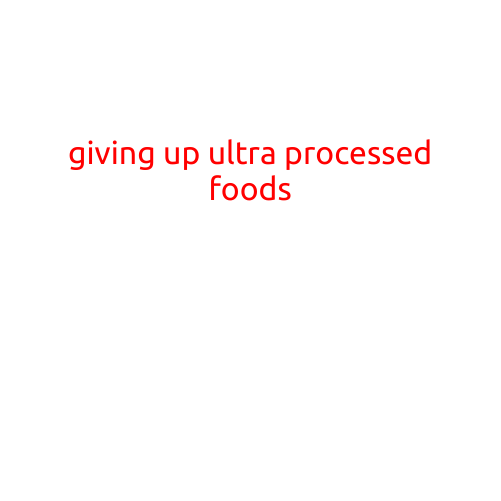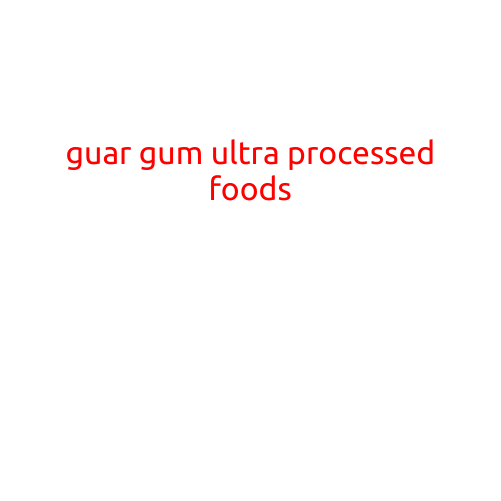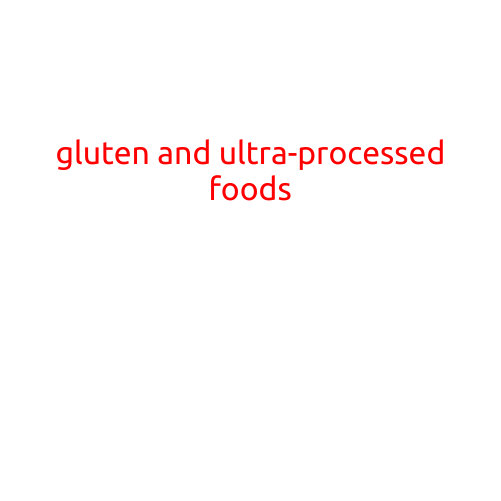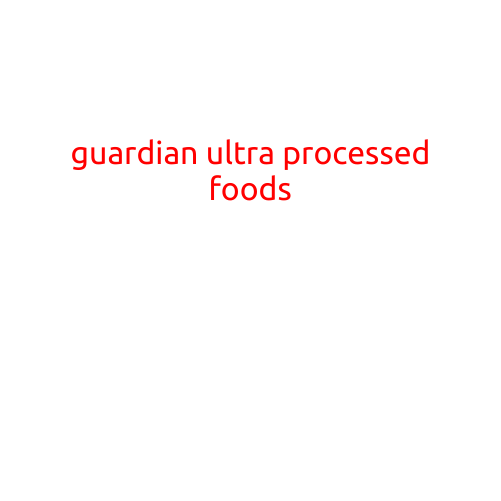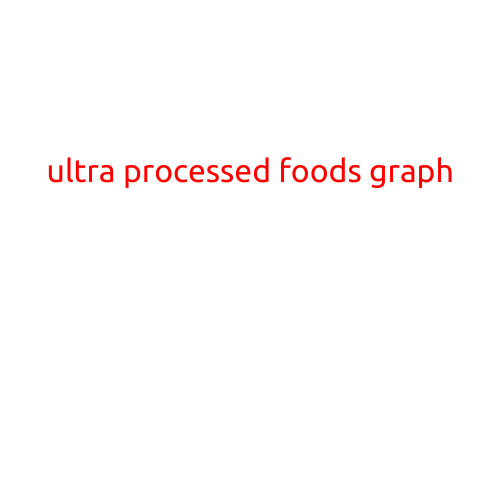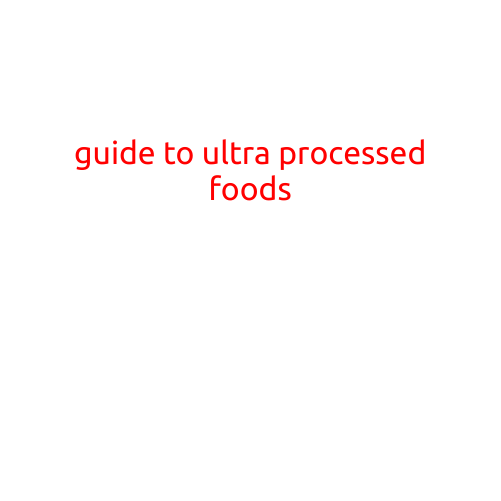
A Guide to Ultra-Processed Foods: Understanding the Risks and How to Limit Your Consumption
In recent years, the term “ultra-processed foods” has gained attention in the health and wellness community. but what exactly are ultra-processed foods, and why should you be concerned about consuming them? In this guide, we’ll break down the definition of ultra-processed foods, their risks, and provide tips on how to limit your consumption.
What are Ultra-Processed Foods?
Ultra-processed foods are manufactured products that contain a combination of ingredients extracted or derived from foods, such as oils, fats, sugars, and starches, as well as additives, preservatives, and coloring agents. These foods are typically created through a process of mixing, extruding, frying, or baking, and are often designed to be convenient, affordable, and highly palatable.
Examples of ultra-processed foods include:
- Packaged snacks (chips, crackers, cookies)
- Frozen meals (pizza, TV dinners, microwaveable meals)
- Canned goods (soups, sauces, beans)
- Sugary drinks (soda, sports drinks, energy drinks)
- Refined grains (white bread, sugary cereals)
- Cookies, cakes, and pastries
The Risks of Ultra-Processed Foods
Consuming ultra-processed foods regularly has been linked to numerous health risks, including:
- Increased risk of chronic diseases: Ultra-processed foods have been linked to an increased risk of obesity, type 2 diabetes, heart disease, and certain types of cancer.
- Nutrient imbalance: Ultra-processed foods are often low in essential nutrients like fiber, vitamins, and minerals, and high in empty calories, sugar, and unhealthy fats.
- Disrupted gut health: Ultra-processed foods contain additives and preservatives that can alter the gut microbiome, leading to digestive issues and decreased immune function.
- Addiction and overconsumption: Ultra-processed foods are designed to be highly palatable and addictive, leading to overconsumption and weight gain.
How to Limit Your Consumption of Ultra-Processed Foods
While it’s not necessary to completely eliminate ultra-processed foods from your diet, taking steps to limit your consumption can have significant health benefits. Here are some tips to get you started:
- Read labels: Become a label reader! Check the ingredient list for ultra-processed food ingredients, such as added sugars, refined grains, and artificial preservatives.
- Cook from scratch: Cooking meals from whole ingredients, such as fruits, vegetables, whole grains, and lean proteins, can help you avoid ultra-processed foods.
- Shop the perimeter of the store: The healthiest foods are typically found on the perimeter of the grocery store, such as produce, meats, dairy, and whole grains.
- Avoid processed snacks: Limit your snacking to whole foods, such as fruits, nuts, and veggies, and opt for healthier snack options like energy balls, trail mix, or hummus.
- Choose minimally processed foods: When possible, choose minimally processed foods, such as canned beans, frozen vegetables, and whole grain bread.
Conclusion
Ultra-processed foods may be convenient and tasty, but they pose significant risks to our health. By understanding the definition and risks of ultra-processed foods, and taking steps to limit our consumption, we can make healthier choices and reduce our risk of chronic diseases. Remember, a balanced diet that emphasizes whole, minimally processed foods is key to maintaining optimal health and well-being.

